Human lives are inherently mysterious by nature. But what makes it complete? Most importantly, what are the different stages of life and how do they influence our perception of the world and human lives in general? According to eminent psychologist Carl Gustav Jung, we go through 4 stages of perception shifts in our lifetimes.
Sometimes, people remain stuck in the first or second stage. Some leap directly into the fourth step altogether. While others, keep coming back time and again to the previous stages. So the physiology of these stages is not strictly defined. They keep overlapping and often branches off to and fro depending on the circumstances.
So, what are Carl Jung’s stages of Life? Let’s dive in, shall we?
Related: Five Ways Carl Jung Led Us to the “Inner Life”
So What Are These 4 Stages Of Life?
Jung proposed these different phases of life that eventually change our perception of human lives and the kind of purpose it serves in the world. They are:
- Athlete Stage
- Warrior Stage
- Statement Stage
- Spiritual Stage
1. The Athlete Stage
The athlete phase is the particular time period when we’re overly conscious of our physical appearance.
It is the psychological state when we aspire to better physical accomplishments, as in, having a better external appearance, looks, features, etc.
The main reason behind such behavior is unknown but it is believed, as proposed by Jung himself, to be the direct result of the significant physiological changes that we go through during our teenage and early adolescent years. That’s why this particular phase generally occurs when we’re yet to become adults.
Related: 20 Profound Quotes By Carl Jung That Will Help You To Better Understand Yourself
2. The Warrior Stage
This is the second phase that usually follows, but doesn’t necessarily have to, the athlete phase. It is when we start setting professional goals and create checklists for all the things that need to be done. It starts from our high school days and continues until we attain a desirable position in the company we are about to work.
In this phase, our mind tempts us to be the best version of ourselves in the material world. We crave higher rankings, better facilities, social status, respect, and more wealth than our peers.
Basically, every material success one can dream of is strived for in this warrior phase. We fight like a warrior to become something better and feel better with time.
It is this pursuit that engages a person until his/her middle age. It eventually shapes our physical, mental and social conditioning, thus labeling us a socially accepted definition of a successful human being.
3. The Statement Stage
And then comes the turning point. The statement phase is perhaps the buffer between the spirit phase and the warrior phase. You can call it the psychological adolescence since it marks a gradual shift from a less mature warrior and athlete stage to a more emotionally mature spiritual stage; much like the way, our adolescent years catapults us into the years of adulthood. In this stage, we realize the emptiness that awaits to haunt us.
The looming question “what have I achieved outside of myself?” “What did I do for others/society/humanity?”, “Am I something more than what I have gained in all these years?”
This shift in mentality usually happens when we become compassionate towards others. When our soul grows tired of the material hassles, it starts contemplating something beyond the world of commercial gains and starts thinking on altruistic lines. As a transition phase, it eventually leads us to the next stage i.e. the spirit phase.
Related: These 5 Factors Are Crucial To Living a Happy Life, According To Carl Jung
4. The Spiritual Stage
The last and the most significant one of the four- the “Spiritual Phase.” It is that point in our lives where we tend to give up on all the chronic earthly pursuits. The mirage of reality shatters in this time period and our mind is introduced to a whole new genre of perception.
In this stage, we tend to ask “What is the purpose of my life?” “Am I really happy with all that I have accomplished?”, “Am I something more than what I’ve been made to believe?” “What is the true nature of happiness?” “If the material gains were unable to fill the primal hollowness in my psyche, then where can I find peace and contentment?”
The spiritual phase makes us realize that in the end, nothing matters. Race, sex, class, money, status, power, etc all boils down to fleeting epiphanies of the shallow. None of them carries any intrinsic value or meaning to give life a purpose to strive for, let alone bestowing contentment. They are all fuels to the great fire of discontent and misery.
It is at this point in our lives, that we realize the vanity of the material world and why we should look up to the wise words of the ancients to realize the latent purpose of humanity.
Conclusion
So you see, how these 4 fundamental stages influence the way we look at life and mankind in general. Although they’re arranged according to a fixed chronology, it would be foolish to assume them as a discrete and chronological sequence of events that act in a linear fashion. They are random, just like life itself.
Even a schoolgoer can have a deeply spiritual experience at such an early age. It is definitely possible and has already happened in the past. But it is the overlapping and random nature of these stages of life that makes living far more interesting isn’t it?
What are your thoughts about Carl Jung’s stages of life? Let us know your thoughts in the comments down below!
Want to know more about the stages of life? Check this video out below!
Frequently Asked Questions (FAQs)
What is the focus of Jung’s theory?
The focus of Carl Jung’s theory is the Unconscious. The 3 parts of the conscious are Ego, Personal Unconscious, and Collective Unconscious. According to him, the Ego represents the conscious mind, since it is made up of a human being’s emotions, memories, and thoughts that they are aware.
Is adolescence the hardest stage of life?
Yes, adolescence is the hardest stage of life.
What is the developmental stage of life?
There are 3 developmental stages of life – childhood, adulthood, and old age.

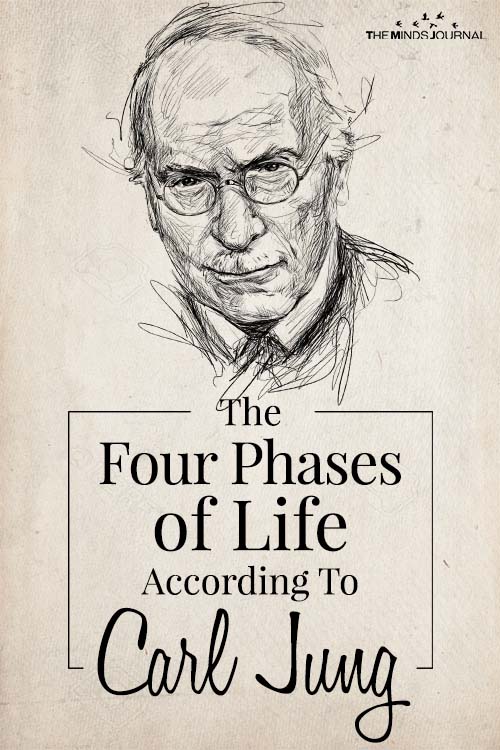
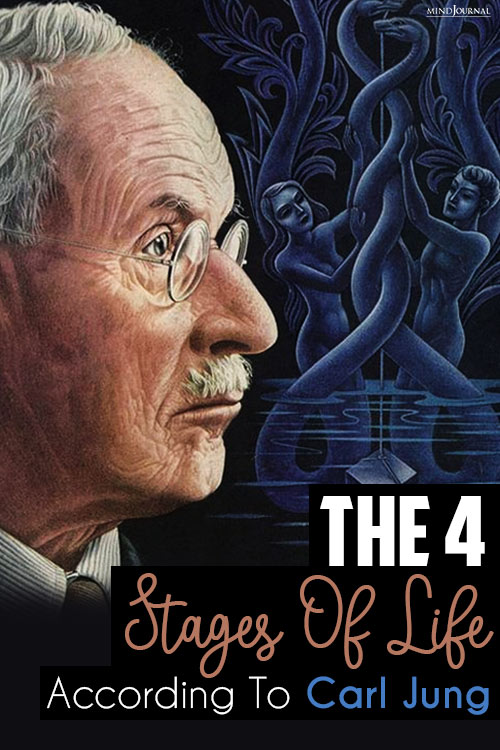


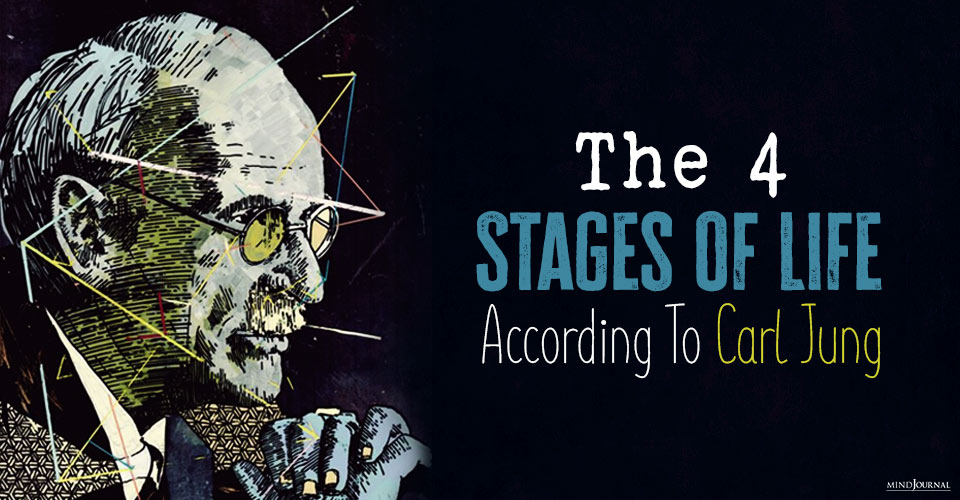



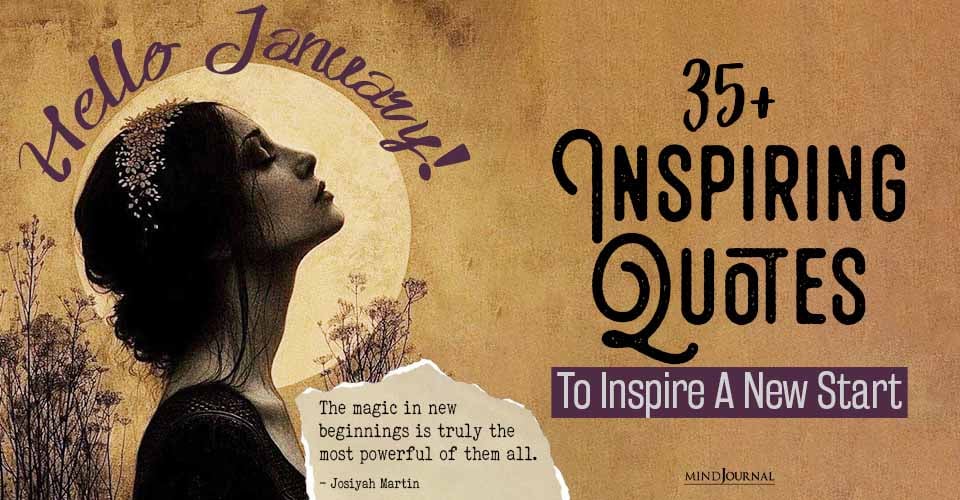
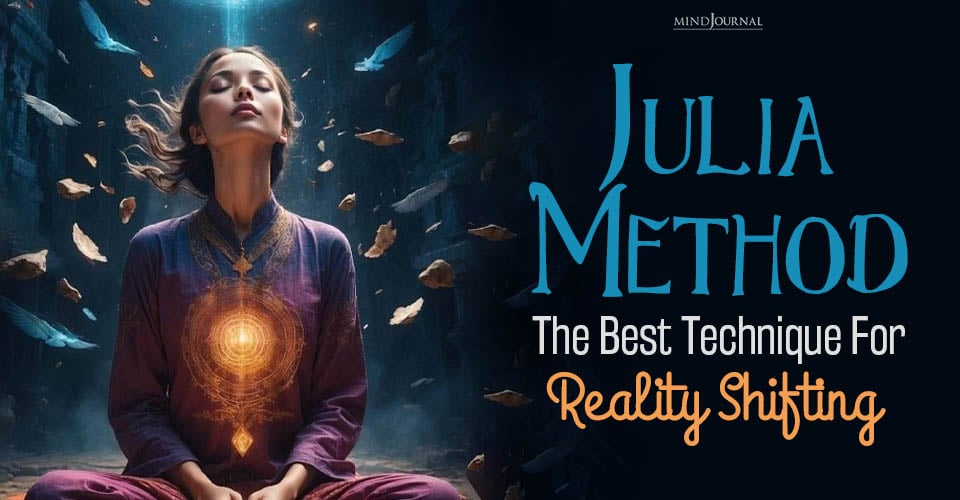


Leave a Reply